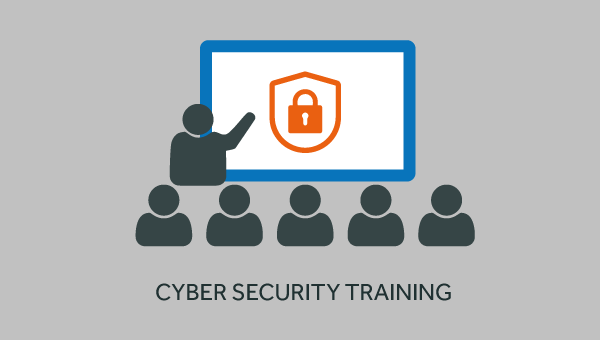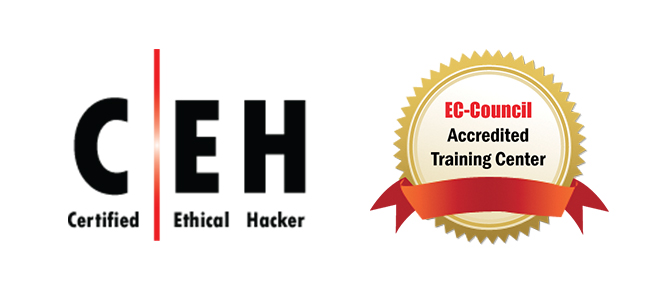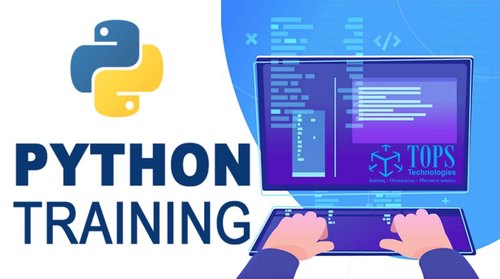
CYBER SECURITY TRAINING
With Billions of Devices Now Online, New Threats Pop-up Every Second
Today’s interconnected world makes everyone more susceptible to cyber-attacks. Whether you’re attracted to the relativity new world of cybersecurity as a professional, or just interested in protecting yourself online and in social media, this introductory course is the answer. It explores cyber trends, threats—along with the broader topic of cybersecurity in a way that will matter to YOU. For instance, you’ll learn how to protect your personal privacy online while gaining additional insight on the challenges companies, and governmental and educational institutions face today. No prerequisites required.
You'll Learn These Core Skills:
Learn what cybersecurity is and its potential impact to you.
Understand the most common threats, attacks and vulnerabilities.
Gain insights for how businesses protect their operations from attacks.
Find the latest job trends and why cybersecurity continues to grow.

CEH TRAINING
Certified Ethical Hacker (Practical)
A Certified Ethical Hacker is a skilled professional who understands and knows how to look for weaknesses and vulnerabilities in target systems and uses the same knowledge and tools as a malicious hacker, but in a lawful and legitimate manner to assess the security posture of a target system(s). The CEH credential certifies individuals in the specific network security discipline of Ethical Hacking from a vendor-neutral perspective. The Certified Ethical Hacking training course will significantly benefit security officers, auditors, security professionals, site administrators, and anyone who is concerned about the integrity of the network infrastructure.
Duration: 5 Days (9:00 AM – 5:00 PM)
Eligibility Criteria:
In order to be eligible to attempt EC-Council CEH, certification examination, candidate may opt to:
Attend Official Training:
If a candidate have completed an official EC-Council training either at an Accredited Training Center, via the iClass platform, or at an approved academic institution, the candidate is eligible to attempt the relevant EC-Council exam without going through the application process. For more information click HERE
Attempt Exam without Official Training:
In order to be considered for the EC-Council CEH exam without attending official training, candidate must have at least 2 years of work experience in the Information Security domain and remit a non-refundable eligibility application fee of USD 100.00 along with their application form. For more information click HERE

Cisco Certification Training
As governments and enterprises migrate toward controller-based architectures, the role of a core network engineer are evolving and more important than ever.
There is a growing number of jobs in Networking, but if you lack behind, you need to pass some certification exams to enter into this industry and get a significant boost in your IT career.
If you are looking forward to making career advancement in Networking, then Cisco Certifications — CCNA and CCNP — are one of the most highly reputed entry-level networking certifications in the industry.
While CCNA or Cisco Certified Network Associate is for entry-level network engineers to maximize their foundational networking knowledge, CCNP or Cisco Certified Network Professional is intended for professionals to implement, maintain and plan Cisco's wide range of high-end network solution products.

Python training
PCAP – Certified Associate in Python Programming certification is a professional credential that measures your ability to accomplish coding tasks related to the basics of programming in the Python language and the fundamental notions and techniques used in object-oriented programming.
PCEP – Certified Entry-Level Python Programmer certification is a professional credential that measures your ability to accomplish coding tasks related to the essentials of programming in the Python language. A test candidate should demonstrate sufficient knowledge of the universal concepts of computer programming, the syntax and semantics of the Python language as well as the skills in resolving typical implementation challenges with the help of the Python Standard Library.
PCPP – Certified Professional in Python Programming certifications (PCPP-32-1xx and PCPP-32-2xx) are professional credentials that measure your ability to accomplish coding tasks related to advanced programming in the Python language and related technologies, advanced notions and techniques used in object-oriented programming, selected Python Standard and non-Standard library modules (file processing, communicating with a program’s environment; mathematics-, science-, and engineering-oriented modules), GUI programming, network programming, as well as creating tools, frameworks and complete systems.